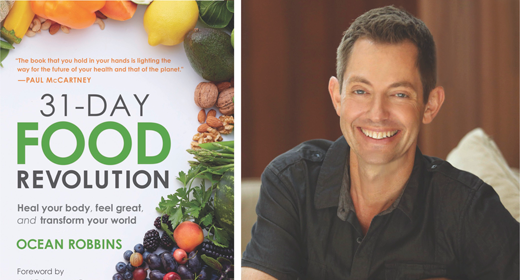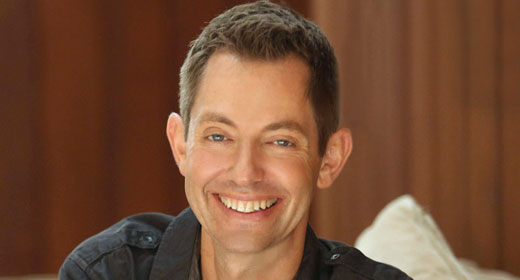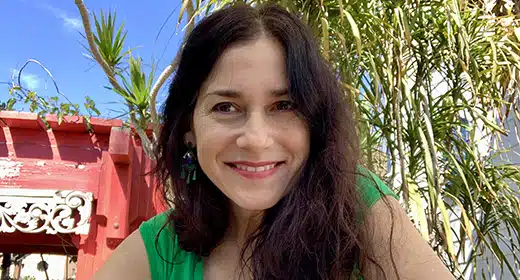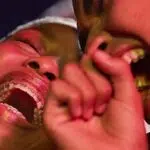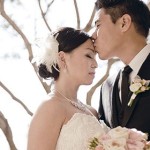Rollo May has consistently been referred to as the father of American Existential Psychology. The beginnings of May’s contributions began with his doctoral thesis which was published in 1950 under the title The Meaning of Anxiety. 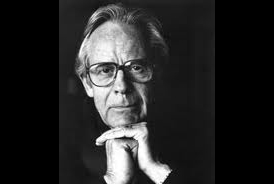 This book, while not the most exciting of his books, remains a significant work. In this book, May reclaimed anxiety as an integral part of being human. In doing so, he made several important distinctions regarding anxiety, such as the distinction between neurotic and existential anxiety (discussed in the Emotions & Experience section).
This book, while not the most exciting of his books, remains a significant work. In this book, May reclaimed anxiety as an integral part of being human. In doing so, he made several important distinctions regarding anxiety, such as the distinction between neurotic and existential anxiety (discussed in the Emotions & Experience section).
The book simply titled Existence, which May edited with Ernest Angel and Henri Ellenberger in 1958, is often seen as the formal beginning of the existential movement in American psychology. Following the publication of this book, May published a flurry of books over the next 33-years including The Art of Counseling, The Courage to Create, The Discovery of Being, Love and Will, Freedom and Destiny, The Cry for Myth, and Paulus.
The approach to therapy which May developed, while remaining uniquely existential, was highly influenced by psychoanalytic, humanistic, and Jungian approaches. In reading his case histories, May’s grasp of psychoanalytic theory and technique is evident. Throughout his career he retained a respect for much of the analytic approach, while departing from it in other significant areas. Yet his theory was far more human than the analytic approaches of his time. Some of this was due to his affinity for humanistic psychology.
May’s conception of the daimon was another important development in existential thought. The daimon, for May, was a reworking of Jung’s idea of the shadow. While there are many similarities to Jung’s concept, there are also some significant differences. Diamond (1996) provides an excellent overview of the similarities and differences (See Anger, Madness, and the Daimonic review).
On top of being a brilliant psychologist, May is also a very talented writer. This multifaceted talent greatly helped him to promote existential theory. It’s hard to go wrong with May’s writings, although I wouldn’t recommend beginning with The Meaning of Anxiety. It’s a wonderful book, but not the most enjoyable read of his books (possibly because it began as a dissertation). The three top books I would recommend are 1) Love and Will, 2) The Cry for Myth, and 3) Paulus (a tribute to Paul Tillich). Additionally, there is an entire issues of the Review of Existential Psychology and Psychiatry devoted to the contributions of Rollo May. While these articles don’t replace the actual writings of Rollo May, this is an excellent resource on his life and work.



